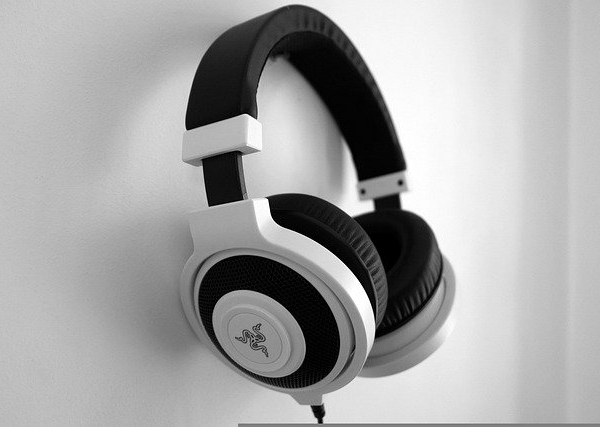On the frosty planet of Frigidus, a virtual world full of icy caverns and treacherous waterfalls, your mission is to race down a track and target the animals that come flying your way. This isn’t exactly easy: Bumping into walls — you navigate via your phone or tablet — can slow down your avatar, and there are other characters meant to distract you from your objective. Still, the idea is that through all these challenges, Frigidus’s frosty terrain can give you something other video games don’t: medical treatment.
Frigidius is just one part of the EndeavorRx universe, a video game that’s designed to treat ADHD in children between the ages of 8 and 12. The game, which was cleared by the Food and Drug Administration in 2020, is designed to prompt the parts of the brain that we use to focus our attention. Now the company that created it, Akili Interactive, is hoping to expand its games for all sorts of other conditions, including depression and Covid brain fog. The goal is to create a new type of medicine, using technology to deliver a treatment that doesn’t require any in-person supervision or risk causing any severe side effects.
Sign up for the
newsletter
Recode
The idea of a prescription video game sounds far-fetched, and possibly counterintuitive if you read the headlines warning about the rise of video game addiction. Still, games like EndeavorRx are appealing because they raise the possibility that an extremely fun activity could double as a potential therapy. This approach promises to make it much more affordable to deliver treatment and suggests that we can transform the phones, tablets, and computers we already own into medical devices, simply by downloading an app. The challenge is that the impact of these games — which are still relatively new — is up for debate, even as companies like Akili go public and try to tackle more conditions. This means that, at present, these platforms run the risk of overpromising and under-delivering.
EndeavorRx does have some scientific backing. After analyzing the results of five clinical trials with more than 600 children, the FDA found that the game could facilitate “general improvement in attention” and seemed to mitigate other ADHD symptoms, too. Though EndeavorRx isn’t designed to replace a pharmaceutical, it’s only available to people who have a prescription. Patients with a prescription are sent an access code they can use to download the game. The list price of the game is $450 a month for those covered by insurance, but people who don’t have insurance pay a discounted, though still pricey, $99 a month. These are just some of the reasons Akili executives say that EndeavorRx isn’t just a spin on Mario Kart or a souped-up version of the brain-training app Luminosity.
For all the “I’m not like other video games” energy, playing EndeavorRx does feel familiar. You navigate the virtual galaxy as a cartoonish avatar, which you can dress in various outfits, including an equestrian getup and a Frozen-esque ice queen dress. Within the broader EndeavorRx game, you can visit different worlds, where you can select different tasks that challenge you to focus. Completing these tasks earns you prized mystic creatures that you’re supposed to collect, …….
Source: https://www.vox.com/recode/2022/10/6/23389291/next-generation-video-game-future-prescription
